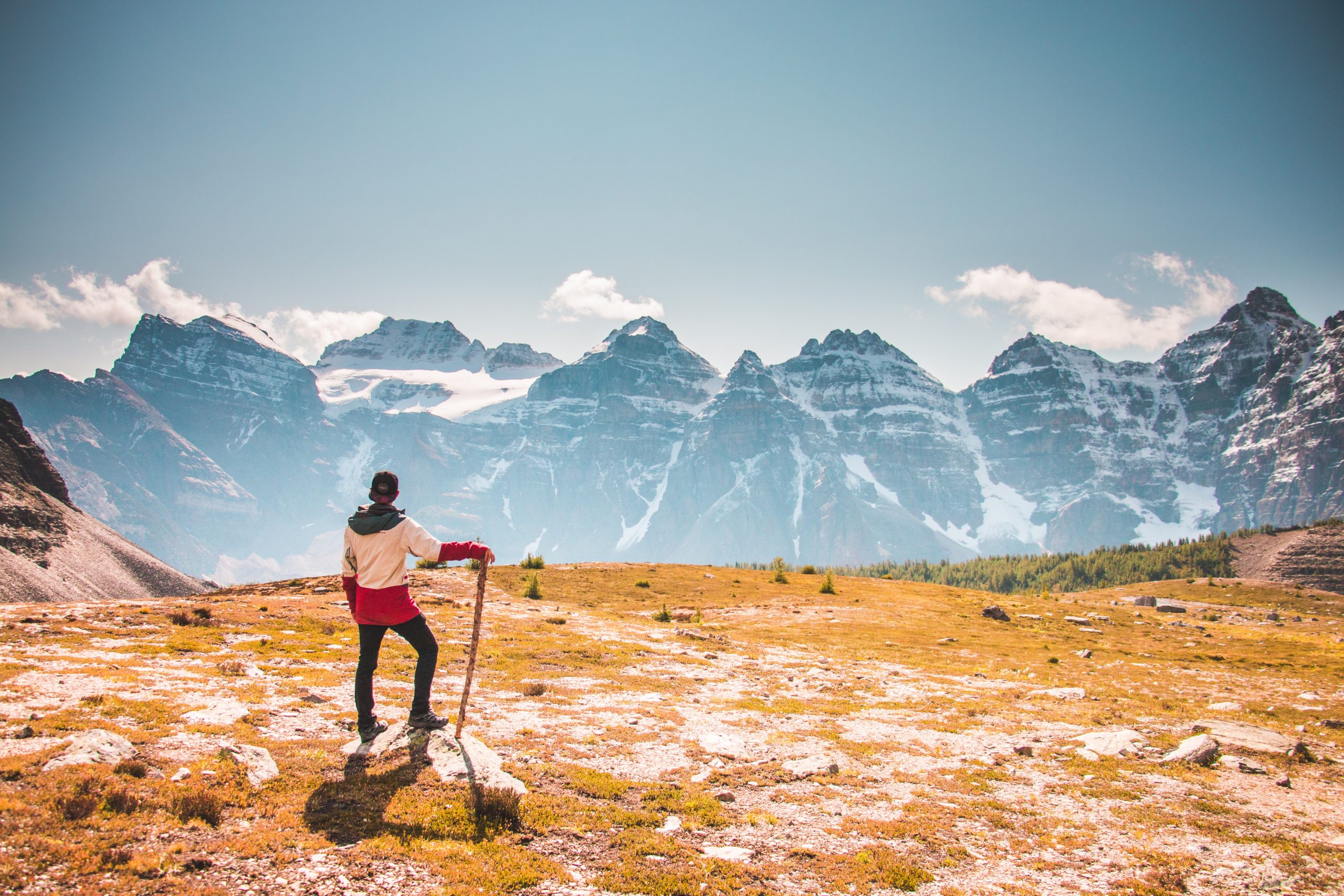How to Compete Like a Maritimer in This New World of Post Pandemic
After running a business in Nova Scotia for 25 years and then coming west, easterners would ask me “how bad was the economy in Alberta during the downturn in the economy”. My reply is usually “just like the Maritimes when things are good”!
I call this place the land of milk and honey.
However, the economic headwinds heading towards this province are going to create a new norm. Let me identify these challenges.
Alberta has a triple whammy – Oil price crisis, COVID crisis and climate change, and we have a 1 in 5 chance of having another massive smoke filled summer affecting outdoor activities.
We base our assumptions on the following trends and indicators:
- Travel Alberta and the Government of Alberta are indicating that hyper regionalism will be where we start with travel. They mean the Bow Valley corridor of Calgary through to Lake Louise. However if last weekend was an example while we were hiking a local peak with 1000 others I think the whole province and region is eager to get moving as I spoke with hikers from Edmonton to Calgary to Saskatchewan.
- Low pandemic corridors will develop. I can see the prairies through to the BC corridor developing. It will be less welcoming for US travellers or eastern Canadians to arrive and not be forced into 14 days of isolation.
- It will take a while to trust mass transit. Would you trust to sit beside a busload of tourists from Quebec, an Albertan meat packing plant employee or tourists from the US given the current status of the Pandemic there?
- Tourism will be burdened with dual concerns. Are the tourists coming from a “safe” location and is the destination “safe”.
- The overview is there is an additional consideration factor now. This is a person’s (and family) immunologic safety when selecting an activity or region.
- The Albertan government says it will take up to 5 to 10 years to reach to the prior level of economic activity in some sectors. Tourism for one, events for another, and any activity that requires close proximity social gatherings.
So how do we act/compete/survive?
First, if a business is considering “normal” marketing post-crisis, they will get lost in the mad competition for the available clients.
Labour market considerations include the fact peak season employees are gone back to their homes and won’t be coming back. This will lead to line ups at all your favourite places. Perhaps reservations will become more important.
We will lose the summer tourism season in most of Alberta. The US market is lost for the 2020 season and perhaps the first two quarters of 2021. “Flight shaming” is a real thing. Especially coming from areas where there is a communal focus on climate change. European customers might feel less inclined to jump on a plane and stick to regional destinations.
No one will feel “rich” when the daily “spend” rate of local and regional tourists are 1/2 to 1/3 of destination clients.
Key metrics going forward.
- We will need to compete like hell for the available clients. Any public business must clearly identify that you are corvid aware and sanitize everything.
- Due to the reduction of seats and lack of staff you should expect reservations to become new normal.
- Due to international staff having gone home entry-level staff will be hard to find.
- To compete successfully you must differentiate your business. Answer the question why is yours better?
- With the huge increase in on line shopping you should be prepared to compete with Amazon and other web based order systems.
- The worldwide trend is way ahead of Alberta. The norm for the rest of the world when it can get here will be to expect a cleaner, safer and climate change focused product.
The result will be our total economic base is smaller, spends less per visit than we are used to seeing and are generally more cautious.
Think of the new norm as a group or family pouring out of a pick up truck with their own lunch basket.
The Maritimer comment was based upon my experiences of having to create consumers for my products and the lack of density of available customers. You will need to compete like never before for half the business you easily attracted before.
We did not have as much wealth as many customers and had to compete like heck to keep the ones we had.
Joey O’Brien
Sustaindriven.



Comments
erotik izle
Very good post! We will be linking to this great content on our site. Keep up the great writing. Filippa Padraig Silberman